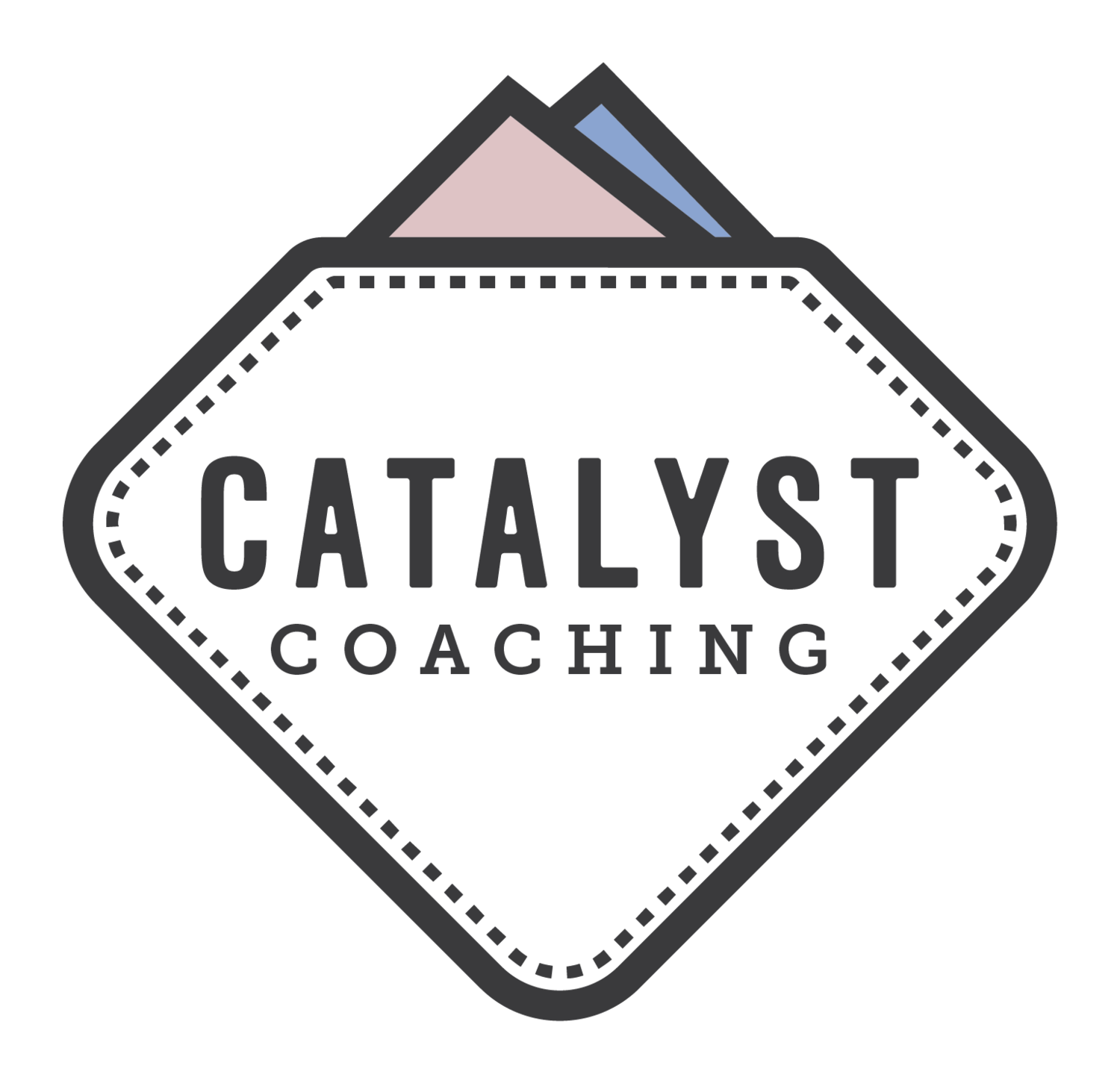Recovery Tips From Dr. JIM
/When you talk about nutrition, everyone has an opinion. This is especially true when discussing nutrition to recover from a workout. I read a book on Kenyan runners (some of the best in the world) and the author said they didn’t eat anything after a run. My dad, on the other hand, prefers eating enough popcorn to feed Continental Europe. As for me, I recently found myself trying to decide between two post-workout recovery options: a bowl of Cinnamon Toast Crunch or a bowl of ice cream.
So, who has it right? The truth is… it depends. Most of us probably know that carbohydrates and protein are needed following a workout. The body needs carbohydrate and protein to replenish the muscle glycogen stores and to repair the damage done to the body. Getting these nutrients allows you to recover faster and get more out of your training.
However, what often gets lost in the discussion about recovery nutrition is the need to adjust your plan based on the workout performed. In other words, the nutrition plan following a 6-hour sufferfest is very different than that following an easy 1-hour recovery ride. With an easy 1-hour ride, the body does not use up the muscle glycogen stores and there is minimal damage to the body. As a result, there is little need/rush to consume carbohydrate or protein post-workout and it is often okay to wait until the next meal (i.e. lunch or dinner).
Nutrition following a hard workout is different and you’ll want to be sure to get some carbohydrate and protein once you’re done. You may have heard of the 30-minute time-window in which you need to take on your recovery nutrition. As far as I’m aware, there’s no science to back-up this specific time. Nonetheless, getting carbohydrate and protein sooner rather than later is beneficial as the hormones and circulatory system are primed for helping the body better absorb these nutrients.
Exactly how much carbohydrate and protein you want post-workout is still somewhat debated. For carbohydrate, some say 15-60g is beneficial while others have stated a goal of 1g/kg. The reality is that the amount depends on body size, the intensity/duration of the workout, the amount of time until your next meal, and the amount of time until the next workout (you’ll want to take on more carbohydrate if there’s less time between events). With protein, 20g is the common goal although the amount will still depend on body size and the intensity/duration of the workout.
Interestingly, there is some interaction that takes place between nutrients. Evidence indicates protein can actually facilitate the storage of glycogen in the muscle. Caffeine can also improve the uptake of carbohydrates. Many recovery products also include other nutrients to help with recovery. For example, antioxidants can decrease the damage to the body and reduce recovery time. However, some have shown that antioxidant supplements can reduce training adaptations since the body actually needs to experience damage to get stronger.
There are a number of options for getting your carbohydrates and proteins post workout. For carbohydrate, the goal is simple carbohydrates since they will be absorbed quicker. The best proteins are animal products although there are other vegetarian/vegan options out there. The United States Olympic Committee has put together a great PDF that can help you put together the perfect nutrition plan (look for “Recovery” under the “Sport Nutrition Factsheets” section).
When deciding on what foods to include in your recovery nutrition plan, an important consideration is what your stomach can tolerate post-workout. It’s no coincidence that many recovery options are in liquid form as this is easier to digest following a difficult workout. The added bonus is that recovery drinks also help replenish any fluid losses from the workout (another important part of the recovery process that I’ve carelessly left out so far). So, while eggs are one of the best sources of protein, I typically avoid them since eating solid foods is not something I can usually do immediately after a ride.
To summarize, the ideal nutrition plan is one that helps you recover and is well-tolerated by your digestive system. My typical plan is to consume ~50g of carbohydrate and ~20g of protein within 30min of finishing a hard workout with the goal of topping off the stores 1-2 hours later with an actual meal. This plan involves eating simple carbohydrates early and the more complex carbohydrates later to help rebuild the muscle glycogen stores throughout the remainder of the day. When creating your own recovery nutrition plan, a bit of experimenting might be needed and the goal of this post is to provide you with the tools needed to get started. Have fun with it and thanks for reading!












